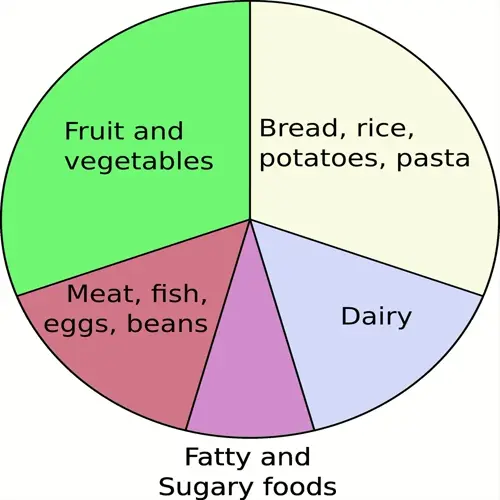What are common nutrition misconceptions?

Written by
Chen Jialiang
Reviewed by
Prof. Benjamin Murphy, Ph.D.Nutrition misconceptions often create confusion regarding healthy eating. Many people are confused about basic nutrition principles, such as fat intake and food selection. Such misconceptions can be detrimental to an individual's efforts to maintain their health. It is essential to learn and understand the principles of nutrition to make informed and systematic improvements to your food choices.
Fat Fallacies
- Healthy fats don't cause weight gain
- Avocados and nuts support hormone function
- Avoid trans fats not all fats
Carbohydrate Confusion
- Whole grains provide sustained energy
- Fiber-rich carbs aid digestion
- Quality matters more than elimination
Protein Misunderstandings
- Excess protein converts to fat
- Plant proteins offer complete nutrition
- Balance matters more than quantity
When consumed in moderation, healthy fats support essential bodily functions. Foods high in fats, such as olive oil and fatty fish, provide the body with essential fatty acids that are necessary for normal cell function and the absorption of vitamins. 1-2 servings with each meal do not need to be considered fattening.
Carbohydrates are often unfairly vilified, despite being an essential part of a healthy diet. Whole grain options, such as oats and quinoa, provide sustained energy, foods high in fiber support gastrointestinal health, and help regulate blood sugar levels. Portion control is more important than the total elimination of carbohydrates for balanced nutrition.
Extreme diets typically don't work in the long term. Plans with very low calories kill the metabolism proportionately. The amount of muscle is reduced, and weight can easily be regained. A moderate reduction in calorie intake and nutrition is the most lasting. Consume 300-500 calories less daily than the amount required for maintenance.
Protein myths can lead to wasting money on protein powders and purchasing high-protein foods that often require additional supplements. For most people, adequate protein can easily be obtained from whole foods. Protein in excess of the body's needs is stored as fat, rather than being used to build muscle. Balance the intake of proteins from both animal and plant sources throughout the day to avoid excess consumption of either. Legumes, eggs, and lean meats can be used in rotation.
Misunderstandings about meal timing create needless stress. Your body processes food in much the same way, regardless of the time of day. Consider the total nutrition available in one day instead of adhering to arbitrary "eating windows." Eat when hungry and stop when satisfied. Quality, regularity, consistency, and timing are more important than the time of day you eat.
Strategies for Balanced Nutrition to Achieve Permanent Results. Fill half your plate with vegetables and fruits. The protein section should be the size of the palm of your hand. The whole grains should be sufficient for the size of your fist. Include healthy fats the size of your thumb. The method illustrated creates satisfying meals without depriving oneself of food for dieting.
Read the full article: 10 Essential Healthy Lifestyle Choices to Transform Your Wellbeing

